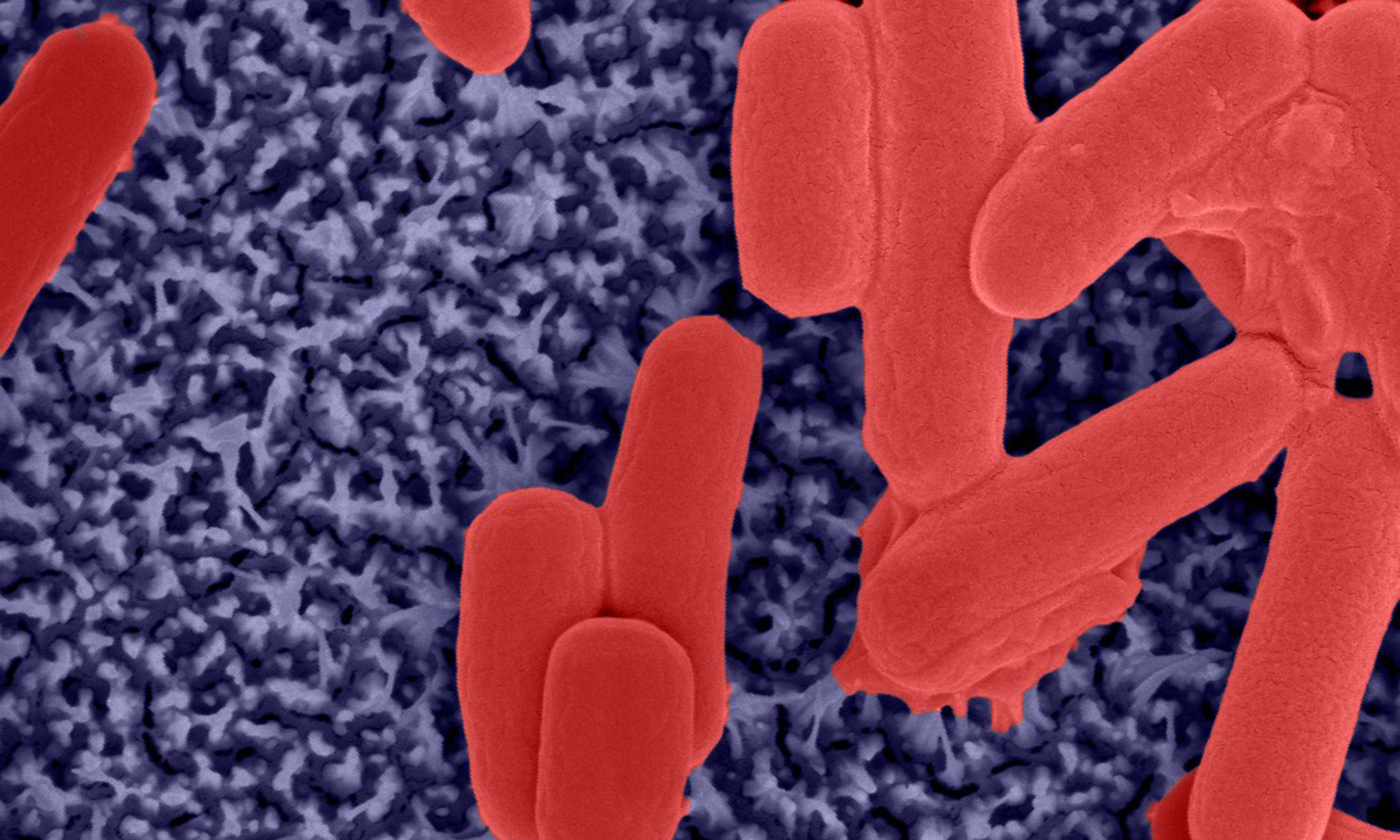 We perform fundamental research and develop technologies for improving human health. Ongoing research includes studies of nanoparticle-biological interactions, cellular mechanics, engineering of proteases and CRISPR-Cas systems, development of new types of sensors, and new materials for biomedical applications.
We perform fundamental research and develop technologies for improving human health. Ongoing research includes studies of nanoparticle-biological interactions, cellular mechanics, engineering of proteases and CRISPR-Cas systems, development of new types of sensors, and new materials for biomedical applications.
Faculty

Whitney Stoppel
Assistant Professor, William P. and Tracy Cirioli Term Professor, and Ph.D. Recruitment CoordinatorBiography
Our research team is focused on the design and optimization of natural biomaterials for a variety of clinical applications. Experimental research explores the mechanical and transport properties of elastic and viscoelastic materials, aiming to determine a predictive set of material characteristics that have a known function in the body. We aim to harness the power of the immune system in tissue regeneration to alter the way that these materials integrate following implantation, providing a new strategy for optimizing materials for clinical applications.
MATERIAL DESIGN AND IN VITRO CHARACTERIZATION
Natural materials and polymer composites derived from biopolymers such as silk fibroin, alginate, or decellularized extracellular matrix can be combined to form a variety of material shapes, architectures, and mechanical properties. In turn, the format for the biomaterial can have a significant impact on cellular function and biological processes. We determine specific material properties and compositions that consistently alter or direct cell function through time-dependent analysis of cell-material interactions. These materials have applications in soft tissue repair and as in vitro platforms for understanding disease progression.
QUANTIFYING BIOMATERIAL PERFORMANCE IN VIVO
Understanding complex interactions between the immune system, local stromal cell populations, and implanted biomaterials necessitates spatiotemporal analysis of biomaterial degradation and histogenesis. We quantify how biomaterial composition and structure alter the rate of degradation and the composition and strength of new tissue that replaces the material. On-going efforts aim to understand how secondary diseases, ancestry, biological sex, and age influence the kinetics of degradation and tissue formation.
Work in the Stoppel Lab is in collaboration with engineers, clinicians, and scientists across UF. The Stoppel Lab values educating and training a diverse workforce and welcomes any student interested in applications of chemical engineering to advancing technologies for human health.
Education
Ph.D., 2014, University of Massachusetts, Amherst
Awards & Distinctions
- William P. and Tracy Cirioli Term Professorship in Chemical Engineering, 2021-2024
Research Areas
Biomaterials
Cell-Material Interactions in vitro and in vivo
Tissue Engineering and Regenerative Medicine
Rheology
